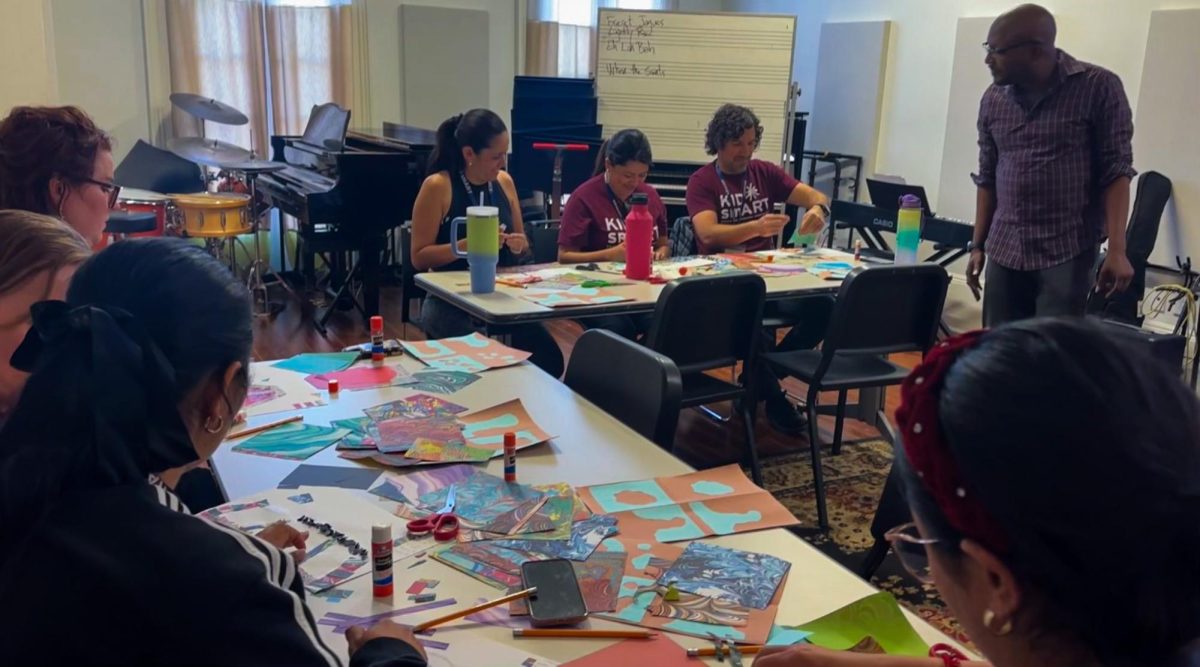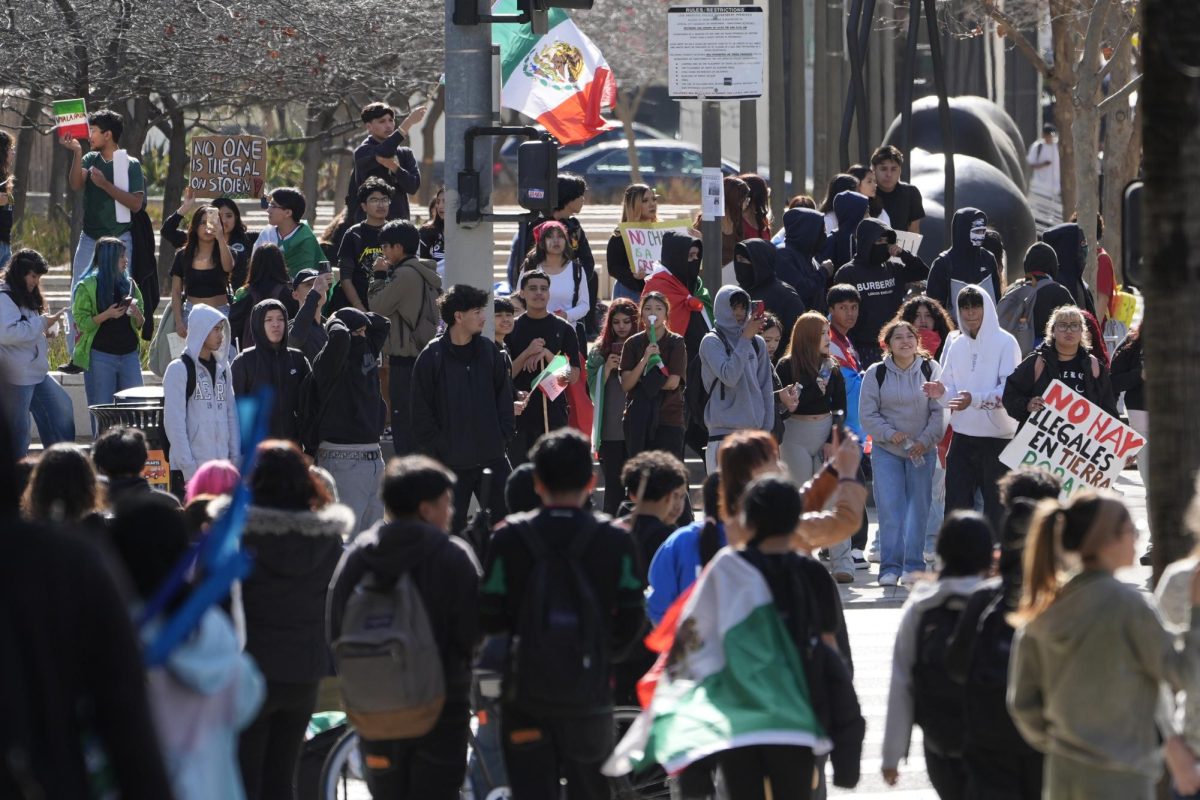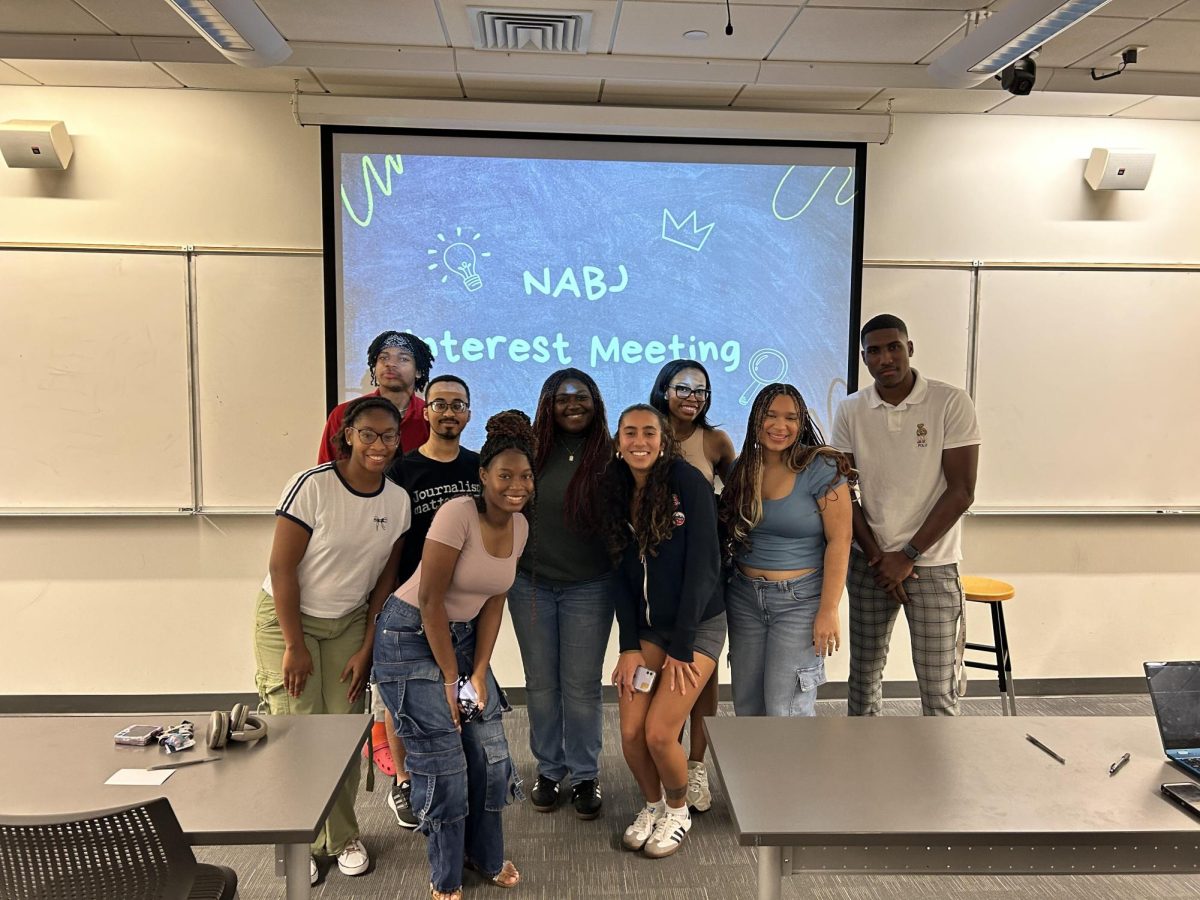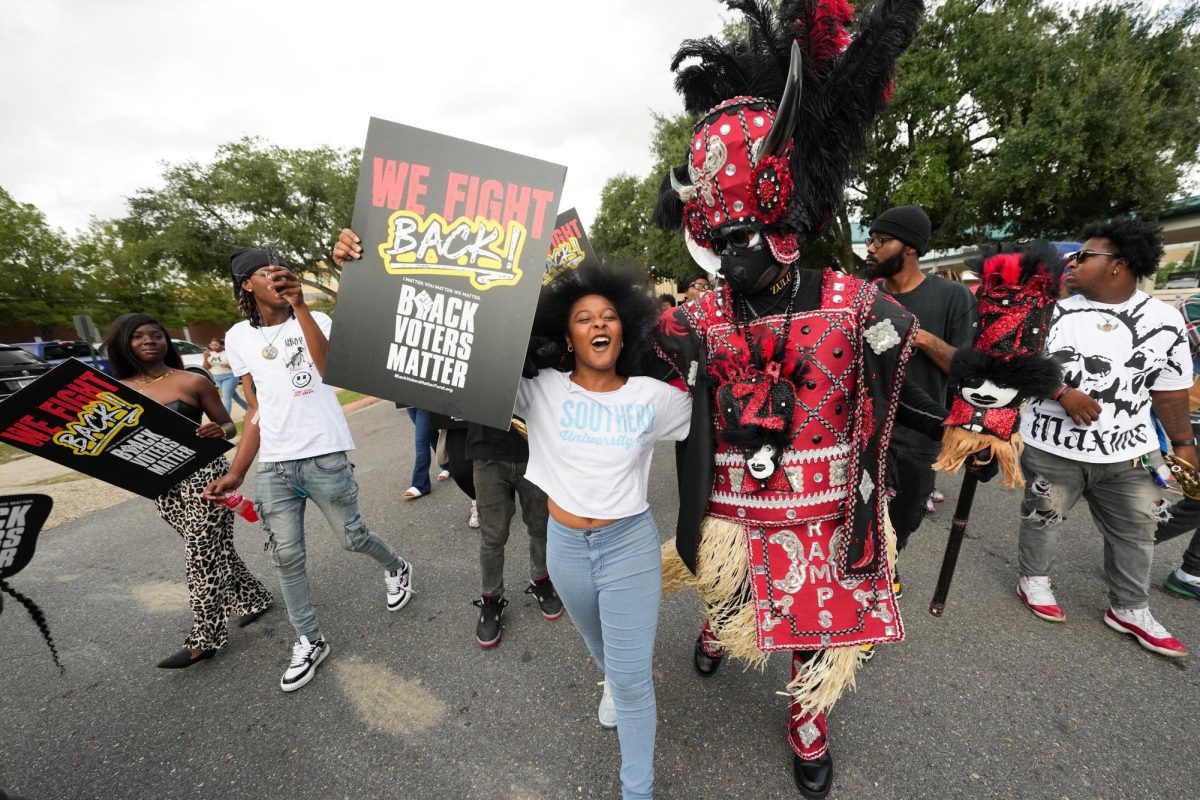Campaign season came to Tulane’s campus last week as mayoral candidate LaToya Cantrell touted her plans to address city issues, taking questions from the 70 or so students in attendance at Josephine Louise Hall.
Cantrell first came to the spotlight for leading the Broadmoor neighborhood through recovery after Hurricane Katrina. She was the president of the neighborhood organization before and after the storm. Elected as city councilwoman in 2012, Cantrell describes herself as a political outsider to the New Orleans establishment.
“When I was running, I was against the political machine. Absolutely I was. From the the mayor to the sheriff, you name it. They were not with me,” Cantrell said. “But you know what? I’ve never been a candidate of the political machine, just the people.”
Cantrell vowed to fix roads and secure affordable housing across the city. Her plan includes requiring developers and landowners to reserve units for New Orleanians living in poverty.
Cantrell’s unique plan to address city-wide crime includes policing through video surveillance but focuses primarily on repairing the city’s poor school system, which she sees as a root cause of criminal behavior for young adults.
Nick Mosher, a philosophy major at Tulane University, does volunteer canvas work for Cantrell’s campaign in his spare time. He sees affordable housing as the city’s key issue. Many residents he spoke with are anxious about rent hikes and worried they won’t reap the benefits of New Orleans’ growing economy.
“When I was canvassing for her around Mid-City and Broadmoor, I realized that affordable housing would be a huge benefit for New Orleans residents. A lot of them think they’ll be priced out as the city recovers, and they’re not wrong because wages aren’t going up,” Mosher said.
During her campaign speech, Cantrell also highlighted the lack of post-graduate jobs for Tulane and Loyola students who want to remain in the New Orleans area, but are unable to find work. Cantrell aims to spur economic growth by welcoming investment and new industry to the city.
“Young folks who graduate college are finding it very difficult to find a job in our city, and even if they find a job, they feel like they’re getting lowballed for salaries, so [they] go elsewhere,” Cantrell said.
According to an alumni survey conducted by Tulane researchers in 2015, just 21 percent of Tulane alumni stay in the New Orleans metro area after graduating, and only 11 percent reside within the city limits.
Cantrell outlined a vision for an economically powerful New Orleans, which would be a practical place to live for all future graduates.
“We don’t want you to leave,” she said.
















